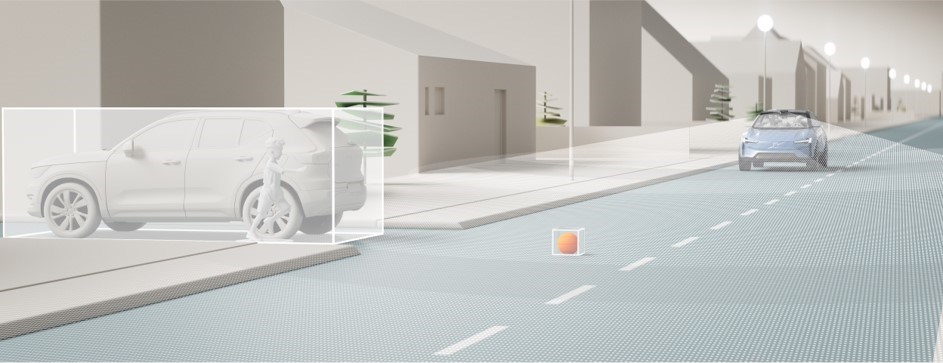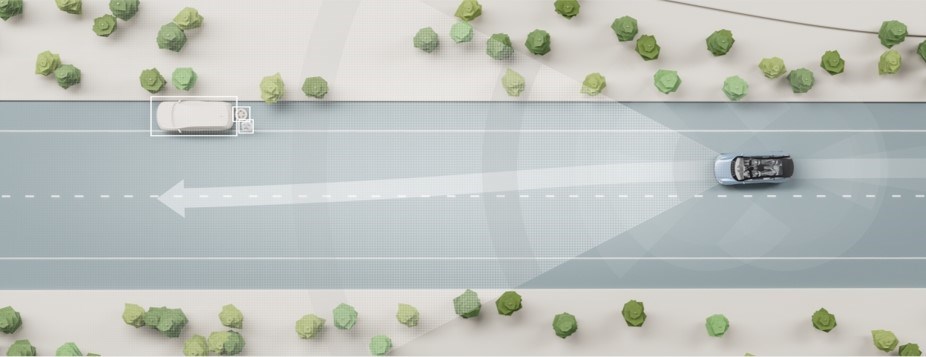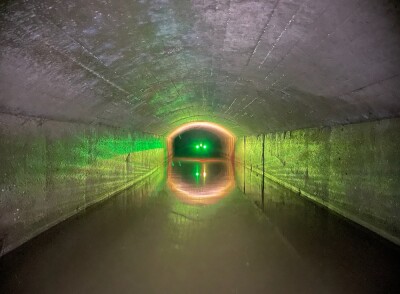Luminar announced a partnership with Mercedes-Benz to accelerate the development of future highly automated driving technologies for Mercedes passenger cars. Luminar’s Iris lidar technology, which is currently being prepared for series production, is expected to improve vehicle safety and the technical capabilities of highly automated driving systems. This recent announcement follows a similar one made during a special press event during CES 2022 in earlier this month, where Volvo Cars and Luminar announced plans for the next-generation SUV, to be revealed later this year. At CES 2022, Luminar also introduced Blade-integration for commercial trucks. Blade is a fully integrated housing system for multiple Iris sensors, that was first introduced in 2021.
By including Luminar’s Iris lidar as a standard feature into the roofline of the car, the car manufacturer wants to improve safety, as well as offering more autonomous driving capabilities to assist the driver: together with this announcement of the Luminar sensor inclusion, Volvo Cars announced Ride Pilot, an add-on subscription for that same upcoming car.
Ride Pilot is an unsupervised driving capability for highways, that comes equipped with lidar hardware with Luminar’s Iris and perception from its Sentinel Solution. Sentinel is a full-stack autonomous solution for series production that combines sensor technology and software for object detection and decision making. The Swedish autonomous driving software company Zenseact worked together with Volvo and Luminar on the software and sensor technology to be included for this new capability.
Luminar’s iris sensor capabilities
Luminar’s Iris sensor is an auto-grade package for series-production programs of 10,000 to 1+ million vehicles. It features camera-like resolution greater than 300 points per square degree and high data fidelity to reliably see where objects are and what they are. Combined with software updates over the air, Iris unlocks more autonomous capabilities for a vehicle. It offers a 120 degrees FoV, a maximum range of 600 meters, a data fidelity of 1cm range precision and camera-like resolution of more than 300 points per square degree. Objects and vehicles can be detected and tracked from 250m, lane markings from 150m and road/drivable space from 80m.

Ride Pilot testing and rollout
Currently, Volvo Cars is testing autonomous driving functionalities in roads in Sweden together with Zenseact, and collecting data across Europe and the US. By the middle of this year, the company intends to begin testing on the roads in California, where the climate, traffic conditions and regulatory framework provide a favorable environment for the introduction of autonomous driving. After all necessary approvals, Volvo intends to introduce Ride Pilot in California first, before gradually rolling out in other markets and regions around the world.
Luminar’s lidar sensors will complement five radars, eight cameras and sixteen ultrasonic sensors in Volvo Car’s upcoming fully electric SUV. This standard sensor setup will provide excellent vision and perception reliability. Together with the continuous, over-the-air software rollouts, the system will ensure full redundancy and enable Volvo Cars to achieve safe autonomous driving with Ride Pilot.






